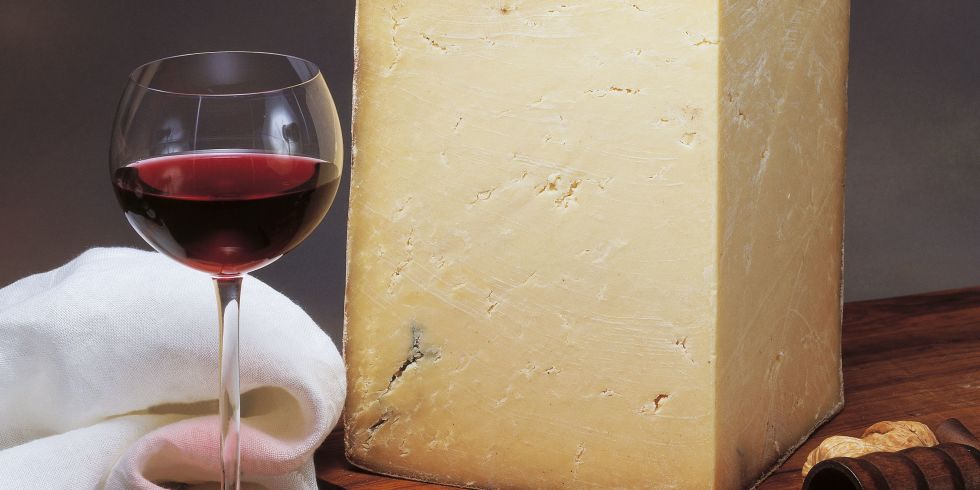Wine and cheese is simply another variation of peanut butter and jelly, milk and cookies, and bacon and eggs – their flavours are best served together. As it turns out, science agrees.
A new study conducted by the Centre for Taste and Feeding Behaviour in France and published in the Journal of Food Science determined that cheese – including soft and hard cow and goat cheeses – improves the taste of sweet, dry, full bodied and fruity wine.
‘Thanks to our research we learned the duration of the perception of astringency of a certain wine could be reduced after having cheese and the four evaluated cheeses had the same effect,’ Mara Galmarini, the lead researcher, told the Telegraph. ‘In short, when having a plate of assorted cheese, the wine will probably taste better no matter which they choose.’
So let’s break that down. Researchers asked 31 wine connoisseurs to take three sips of different kinds of vino and rate them. Then, tasters were asked to nibble on a little fromage before sipping that same wine. Testers repeated this process, crossing all of the cheeses with all of the wine.
Across the board, all of the wines sampled were reported to taste better after testers enjoyed cheese. The verdict: All the cheese improves all the wine.
In addition to reducing the astringency of the wines (astringency refers to the effect of tannins on the mouth), some cheeses actually enhanced the drink’s aroma.
The reason why actually makes quite a bit of sense – science says that wine and cheese work together harmoniously because of their complementary compositions. Cheese, a fatty food, has a lubricating effect, whereas the tannin in wine creates a drying feeling on the gums and tongue.
Basically, cheese prepares and coats the mouth for the astringent effect of the wine, creating a fuller, softer experience.
So go ahead and sip wine this weekend – and don’t worry if you can’t offer up the most expensive of bottles. Like most things in life, you can fix that with some cheese.












